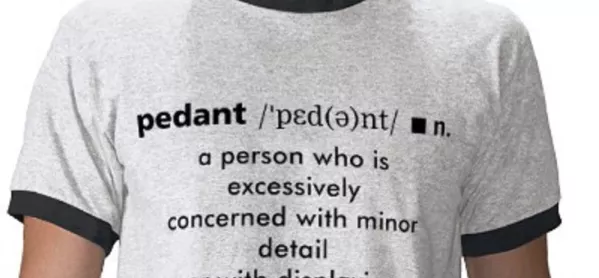Children’s authors, including the children’s laureate, have spoken out in support of parents’ decision to take their children out of school for a day, in protest at the controversial Sats tests.
Chris Riddell, the current children’s laureate, joined hundreds of parents and children at a demonstration in Brighton, where educational activities were laid on to demonstrate that schooling need not be all about textbooks and tests.
Year 2 children across England were taken out of school today by their parents, in protest at the controversial Sats exams.
‘Undue stress’
Mr Riddell said: “My feeling is there should be more trust in teachers and their ability to assess children at this age rather than through testing.
“The children are being put under undue stress and my argument is: what is the value of what comes from this testing? I think it is questionable. We should be turning children into readers with the pleasure that gives rather than relying on a testing culture.”
A number of other children’s authors have also criticised the key stage 2 tests. Joanna Nadin, a former speechwriter for Tony Blair and author of the Rachel Riley series of novels, said: “It’s got out of hand now. Kids can parrot back terms, but they can’t use them in a sentence properly. It’s putting them off writing and reading.”
Policing language
Ms Nadin sat the spelling, punctuation and grammar (SPaG) test intended for Year 6 pupils, and scored 40 per cent. “I don’t understand half the terms on it, and I wrote speeches for a prime minister,” she said. “I teach rhetoric. I’m very good at grammar. But I don’t need to know what a modal verb is, and I certainly didn’t need to know when I was 10 years old.
“Language is such a rich, expressive thing. But this isn’t encouraging kids to think about the incredible things they can do with language. It’s policing it.
“I’m quite keen on strike action. I’ve stood on picket lines with teachers before. If my daughter was still at primary school, she wouldn’t be in school today.”
Kathryn Evans, author of the young-adult book More of Me, also took the Year 6 SPaG test, and also scored 40 per cent. She said: “I don’t know what a subjunctive clause is, but I can operate an apostrophe without embarrassing myself.”
Know what a sentence is
Abi Elphinstone, author of The Dreamsnatcher, used to work as a secondary English teacher. “You need to know about the parts of language, if you’re going to talk about a text analytically,” she said. “But that’s much more GCSE and A level. For creative writing, you just need to know what a sentence is.
“The parents’ strike is important, because it highlights rebellion against something as regimented as Sats.”
And adventurer and author Ben Fogle today told the Boarding Schools Association conference, in Manchester, that Sats will reduce children to nothing more than “tiny cogs in the government machine”.
The government, however, has defended Sats, insisting a strong grasp of English and maths is crucial to a child’s prospects.
Schools minister Nick Gibb said: “These tests are vital in helping schools to ensure that young children are learning to read, write and add up well.
“The truth is, if they don’t master literacy and numeracy early on, they risk being held behind and struggling for the rest of their lives.”
Want to keep up with the latest education news and opinion? Follow TES on Twitter and like TES on Facebook




